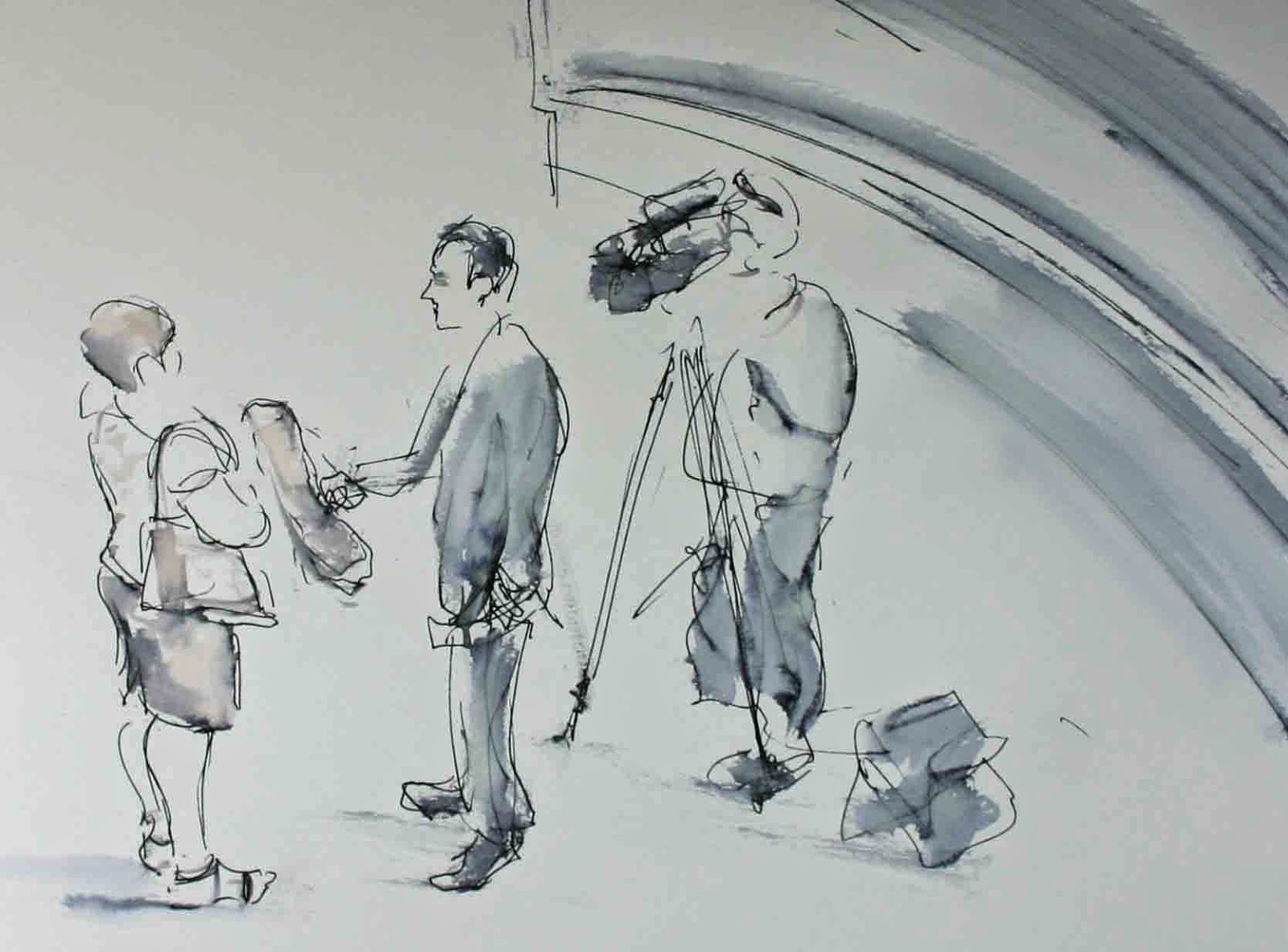[contextly_auto_sidebar id=”dpFPOjsmsxGoX524QdD7QqDjxXmHHCrh”]
Sir Alan Moses, chair of the new press regulation body the Independent Press Standards Organisation (IPSO), has proposed the introduction of ‘press judges’ to improve the quality of media reporting of the law and break down public misconceptions about the legal system.
Delivering the second annual Tom Bingham lecture, the former Lord Justice of the Court of Appeal spoke engagingly about the relationship between the press and the legal system and how little the public learn from judgments about the law.
Moses lamented the fact that judgments are written for other lawyers or superior courts, rather than the public: ‘no one could say with any conviction that judges exhibit any competence at talking to the public’. As a result, most people receive information about the law from different sources and therefore have ideas about it that are ‘miles away’ from those of lawyers and judges.
The public learn about the law ‘through the prism of the media’ and the challenge for the media is to ‘keep the public reading or watching’ by telling a story with a compelling narrative. It is because of this imperative that ‘crime remains a focus of endless fascination’ to the public but there are ‘no films about capital gains tax’. For Moses, because of their different priorities, the law and the media simply do not speak the same language.
The media provides a narrative of significant legal events on its presumption of what people believe. By way of example, Moses cited the popular belief that the country is ‘beset by a crime wave’, no matter how far levels of recorded crime fall. However, instead of railing against the legal fictions, myths and half-truths concocted or sustained by the media, lawyers should ‘harness the wind’ as politicians have learnt to do.
The legal system and its inhabitants are ‘left defenceless if they are unable to communicate the boundaries of debate’ on fundamental questions such as access to justice, legal aid, prisons, immigration and the relationships with Strasbourg and Brussels. Moses identified the current Lord Chancellor, Chris Grayling, as a politician adept at understanding the language by which the public receives its information about the law, setting the boundaries of the debate and choosing the battlefield.
Court of public opinion
A striking example of this, according to Moses, was Grayling’s Telegraph article in April 2014 about denying legal aid to non-residents, a policy which was at the time (and remains, following an appeal by the government) subject to legal proceedings in the High Court. Moses acknowledged that some might consider Grayling’s intervention would not have proved to be ‘particularly persuasive advocacy in court (and it wasn’t), but it wasn’t intended to be’. Grayling’s chosen battlefield was the court of public opinion.
The judiciary has traditionally preferred to maintain a dignified silence, ostensibly in order to preserve its image of authority and impartiality, rather than intervene in the ‘tide which washes all over the public’. Moses evidently believes this sea of (mis)information can be parted: he proposes the introduction of a rota of ‘press judges’, regular members of the judiciary who would communicate with the public through the media.
The art of spinning
It is a system employed in the Netherlands, where press judges have been engaging with the media for nearly 40 years. Moses believes the British judiciary should ‘learn the art of spinning’ – a term which is no more than ‘a rude word for advocacy’ – to provide its own narrative to the media, explaining the pertinent issues in high profile cases and how they were resolved. While there is a judicial press office and the Supreme Court has its own dedicated press office, the cases summaries provided to the media ‘bear little relation to the stories’ of the cases.
Moses paid tribute to recent lectures by senior members of the judiciary such as Lord Hoffmann and Lord Sumption, describing such former colleagues as ‘masters of the googly, the doosra and the wrong ‘un’. There is a ‘pressing need’ for other judges to follow their examples to explain the work they do and ‘how they seek to uphold the rule of law’, he said. Judges ‘have some pretty good stories to tell’ and they should be encouraged to tell them, concluded Moses.







